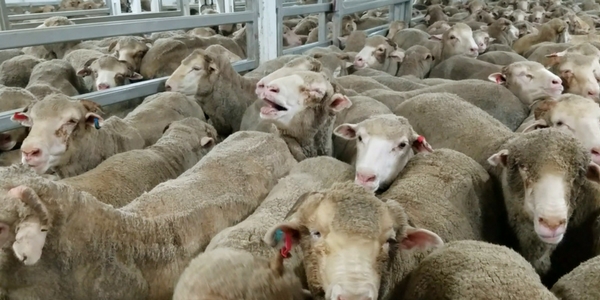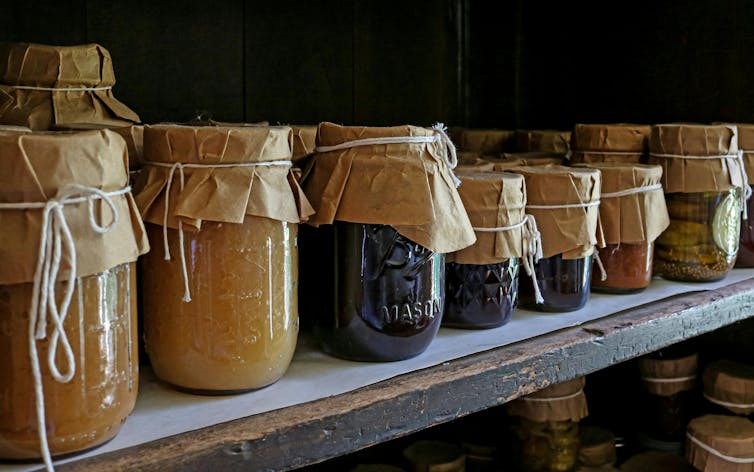
Latest debacle for live export industry reminiscent of SA debacle in 2011
The latest live export debacle involving the livestock carrier MV Bahijah is bringing back memories of a similar situation that occurred with another live export ship at Port Adelaide’s Outer Harbor in 2011.
Contracted by Israeli-based exporter Bassem Dubbah, the MV Bahijah currently sits off the coast of WA near Fremantle with about 16,000 sheep and cattle onboard. The ship left Fremantle on 5 January bound for Jordan via the Red Sea, but due to escalating attacks on ships in the channel, the ship diverted and subsequently the federal government ordered the ship to return to Australia.
Western Australia is experiencing a heatwave, with temperatures hovering in the mid to high 30s, as the ship and its live cargo remain in limbo, with very poor ventilation and no clear plan for the future of these animals.
The RSPCA believes this vessel should never have been allowed to depart Fremantle when attacks in the region were already known to be occurring due to conflict in the Middle East.
The RSPCA is strongly advocating that all the animals be immediately taken off the ship and processed in WA. Any consideration to allow these animals to be re-exported would force them to endure more days at sea, which is unacceptable to the RSPCA.
The situation is just the latest in a litany of disasters over decades for Australia’s live export industry that have resulted in the suffering and deaths of tens of thousands of animals. One of those disasters has parallels with the current incident. It involved the MV Al Messilah, a 44-year-old live export ship originally designed to carry cars.
In August 2011, the MV Al Messilah was forced to return to Outer Harbor with 67,000 sheep onboard due to mechanical failure just a day and a half into its journey to Qatar. The ship remained docked for nine days before authorities finally agreed to the sheep being unloaded. By that time, 298 sheep had died.
The surviving sheep in the August 2011 incident were eventually re-exported on another live export ship.
RSPCA South Australia’s Animal Welfare Advocate Dr Rebekah Eyers said the latest live export catastrophe in WA significantly reinforces the need for the Federal Government to legislate an end date for the live sheep export trade as soon as possible and in this term of government.
“The potential for sheep to be stranded on live export ships is just one of the broad range of serious animal welfare risks inherent to live sheep export,” Dr Eyers said.
“We are so grateful that we haven’t had a live sheep export ship leave Port Adelaide since 2018, and we are relieved that the Federal Government has at last heard the massive public outcry for this horrendous trade to end.”
The need to permanently end live export from South Australia is reinforced by the 2018 Pegasus Economic Report that found “The cessation of the live sheep export trade will have a positive material impact on SA sheep meat processors.”[1]
“We are supporting our teams in RSPCA WA as they urge the Federal Minister for Agriculture, Murray Watt and WA Premier Roger Cook to ensure these poor animals are unloaded as soon as possible,” Dr Eyers said.
“They have been onboard for almost a month and are now suffering even more with the heat, they must be unloaded now and processed in WA.”
RSPCA SA calls on our community to support efforts to stop the suffering of the animals onboard the MV Bahijah by:
and your , asking them to:
Ensure all animals onboard the MV Bahijah are offloaded as soon as possible and processed in WA.
Legislate an end date for the live sheep export trade, as soon as possible and in this term of government.
[1] Davey, A., & Fisher, R. (2018). Economic Issues Associated with the West Australian Live Sheep Export Trade. Pegasus Economics: Canberra, Australia








